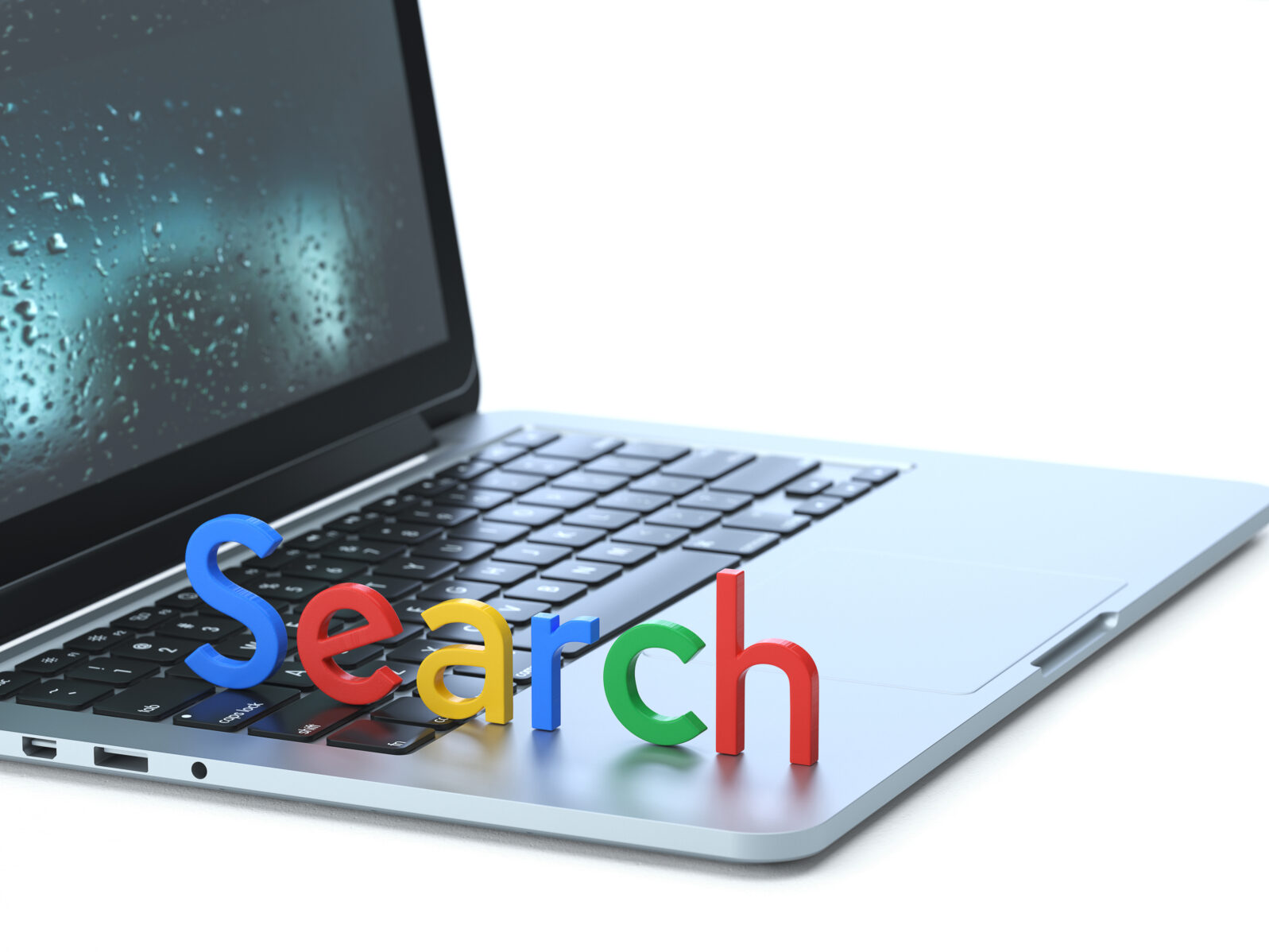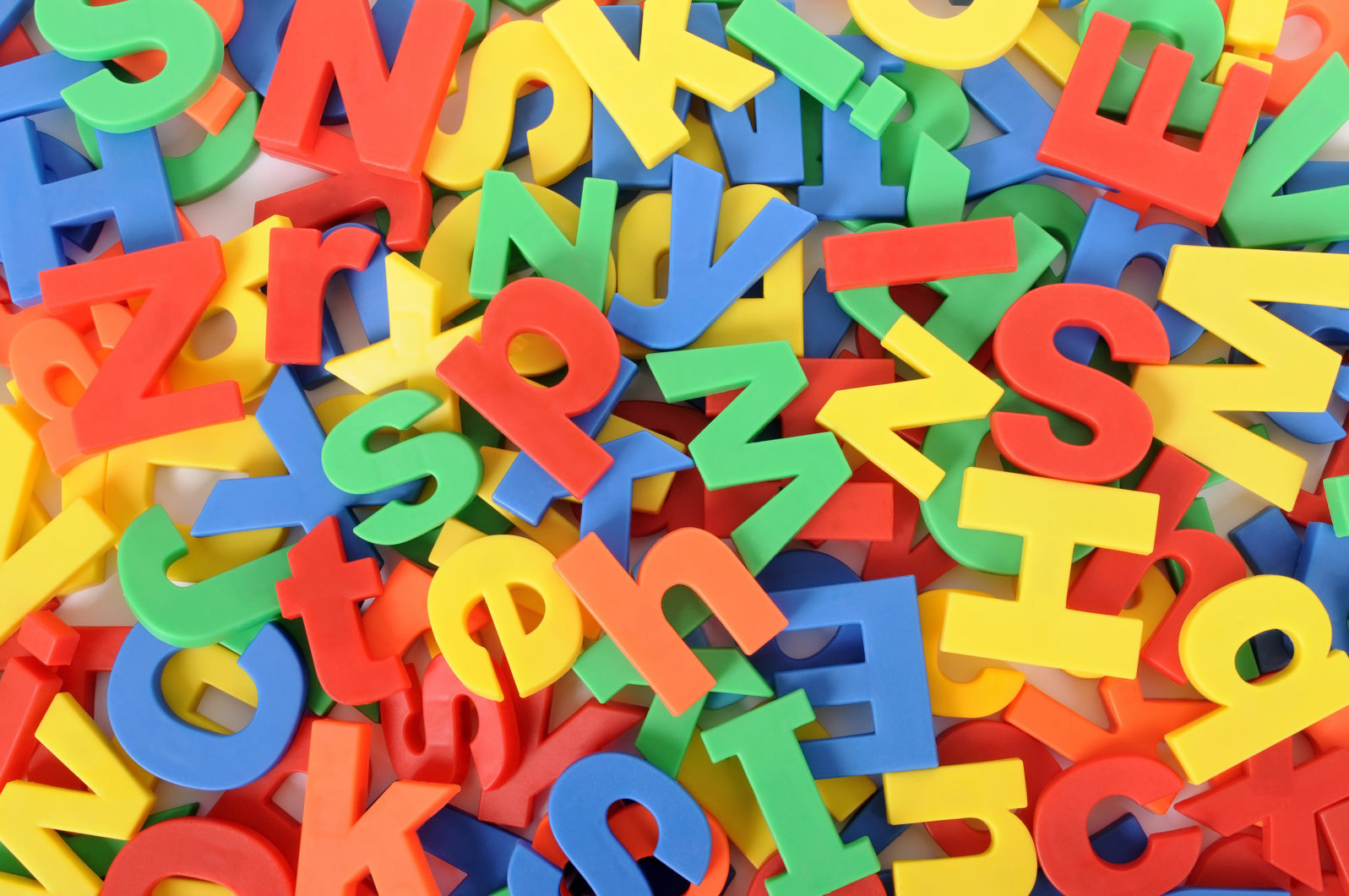How Google’s Chromebook Erodes Your Digital Freedom
A Chromebook is designed to serve up Google services, allowing Google outsized control of your computing experience and your digital identity.This month, Chromebook turns ten years old. It’s a good time to take a look at Google’s latest Chromebook offering and show you why you can do better. Much better. Although the Pixelbook Go has a hefty price tag and is lighter, thinner, and faster than ever, it’s still just a Chromebook. Here’s why using a Chromebook weakens your computing power, erodes your digital freedom, and reduces your ability to learn and think.
“I’ve got the power,” goes the famous 90’s song by Snap!, but you wouldn’t be able to sing that with confidence holding a Chromebook.
Somewhere between netbook and notebook, the Chromebook is a physical manifestation of the Google ecosystem, giving customers who already use Google services a central place to Google-ize. Which is dandy if your work is mostly web-based and you mainly use Google to collaborate and communicate.
If you live in Googleland, Chromebook is all you need. But there’s a big world out there, and it’s not all run by Alphabet, Inc. Using a bona fide laptop maximizes your computing power. You get more processing muscle and ample storage capacity.

You can run whatever browser you want, use any app you want, and connect any accessory you need. And while storing things in a cloud can be handy, we all know anything is hackable these days.
The option to store and retrieve your data locally without constant connection to the Internet is a plus. With a full-scale laptop, you’re not limited by what one company can provide, and you’ll have the features you need to complete the higher-level stuff like video editing as well as the everyday tasks like surfing and streaming.
In other words, when it comes to computing power, aim high when you buy so you have what you need later.
It’s not just power you sacrifice with a Chromebook. Perhaps more importantly, your digital freedom is also at stake. A Chromebook is designed to serve up Google services, allowing Google outsized control of your computing experience and your digital identity.
To fully grasp this, you have to understand what makes Google tick – data.
When Stanford students Larry Page and Sergey Brin set out to mathematically organize the World Wide Web as a research project in 1996, it wasn’t about the money. It was about the data.
Google Search ranked millions of webpages on a blossoming Internet by quantifying trustworthiness and popularity.
Google’s founders were originally against an advertising-funded search engine, but as their indexing grew, it didn’t take long for them to change their minds.
Over the last 25 years, Google has grown by leaps and bounds, building the most mature and efficient search engine on the planet and getting paid handsomely for connecting what the world is searching for to the companies and organizations who want to provide all the answers.
All those “free” services – Gmail, Search, Maps, Drive, Calendar, YouTube, etc. – are simply a means to an end.
Which puts you right in the middle of the tech company’s business model.
The more you use Google, and the more you allow Google to do for you, the more you reveal about your life, your desires, your interests, your home, and yourself. Some will accept this loss of freedom as a fair exchange for free tools, and Google hopes you will. But if you value your digital identity and online privacy, you’ll take steps to limit Big Tech’s reach into your life.
A third reason to say no to Chromebook is to prevent a reduction in your ability to learn and think for yourself in the digital age.
This isn’t just advice for students.
We all learn as humans every day, young and old, in school or out of it. The latest research in cognition shows that learning takes time, needs repetition, uses forgetting to strengthen it, and can be downright messy.
Google’s newest Chromebook features a built-in Google assistant button right on the keyboard, making information and millions of AI actions instantly available to you. But is that conducive to stronger learning?
As the authors write in the 2014 book Make it Stick: The Science of Successful Learning, “some difficulties that elicit more effort and that slow down learning…will more than compensate for their inconvenience by making the learning stronger, more precise, and more enduring.” We don’t need instant information download – we need to develop resilience and patience in our learning that will serve us well wherever life takes us.

With a Chromebook in hand, you’ll be less likely to engage in the desirable difficulties effective learning requires, opting for the instant answer, the convenient services, and the personalized news and video feeds. The more you allow Google to do for you, the less you’ll do and think for yourself.
In recent years, Google has had astounding success getting Chromebooks into the hands of millions of students.
Once again, the endgame is data. The obvious requirement to use a Chromebook is a Google account, so for years now, Google has been grooming the next generation to be lifelong users of their services. The company has also harvested data points from student email accounts and usage of their suite of education apps.
As recently as 2020, Google was being sued for violating the Children’s Online Privacy Protection Act. Google denies the claims, arguing semantically that they don’t use personal information from users in primary and secondary schools “to target ads.”
What they won’t say is what they actually do with all the intimate behavioral data harvested from students and teachers. It may not always be personally identifiable data, but Google will not let a single data point go unutilized in some capacity.
Everything you need to know about Google’s commitment to the educational welfare of our kids can be summed up in the domain address for the Google for Education section of its website: edu.google.com. Come for the educational tools, stay for our commercial interests.
Do yourself a service – skip the imitator and get the real thing. Alternatives to Chromebook are plentiful. Try Apple’s MacBook Air or MacBook Pro with the new M1 processor, judged faster than the Intel Core processor for many tasks. Or try the versatile Dell XPS 13 2-in-1 laptop or the durable line of Zenbooks from Asus.
Don’t let Google monopolize your computing experience.
Defend your digital freedom and take back the power to create, collaborate, and compute on your terms.
Note: This article originally appeared at NewsMax, May 25, 2021.
